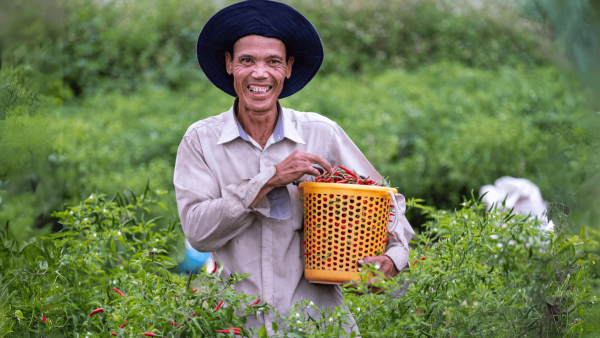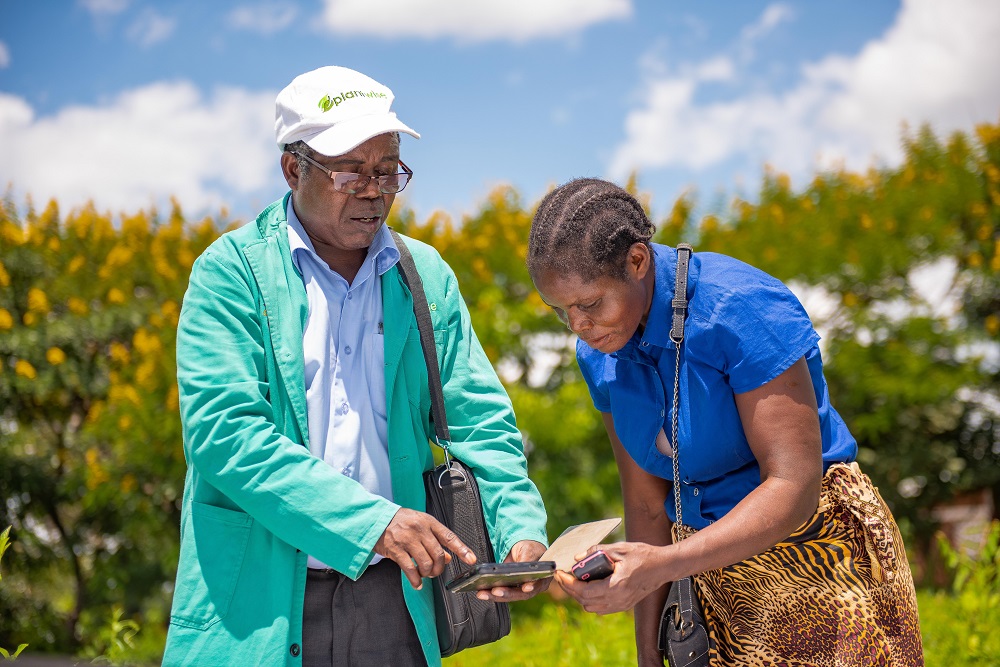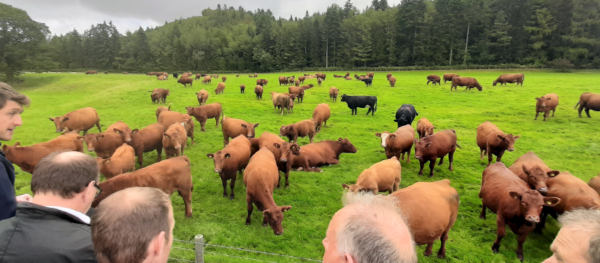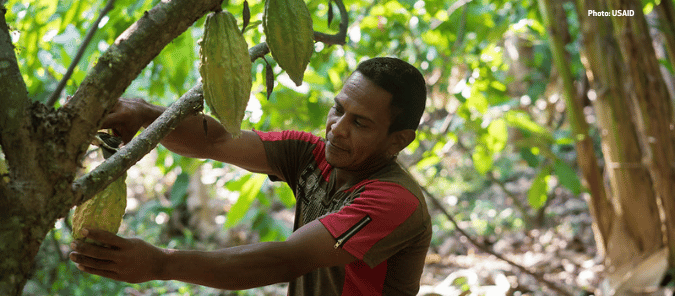Tag: training

Biocontrol Training in Pakistan Helps Farmers Prevent Harmful Aflatoxins in Chillies
Asia: Training equips Pakistan farmers with biocontrol techniques against aflatoxins, ensuring safer, export-ready chillies in the country.
Read MoreNew Career Progression Website Launches to Help Agriculture Professionals
Global: A new Skills for Agriculture website has been launched by CABI to help the career progression of professionals working in agriculture.
Read MoreHow Peer-to-Peer Learning Helps Farmers Adopt New Technologies
Europe: Peer-to-peer learning can help to overcome the slow adoption of farming technologies.
Read MoreProgress through Partnership in Honduras
Latin America & the Caribbean: CropLife Latin America formed a partnership with the United States Agency for International Development (USAID) to train farmers in good agricultural practices to help lift rural Hondurans out of extreme poverty.
Read More



